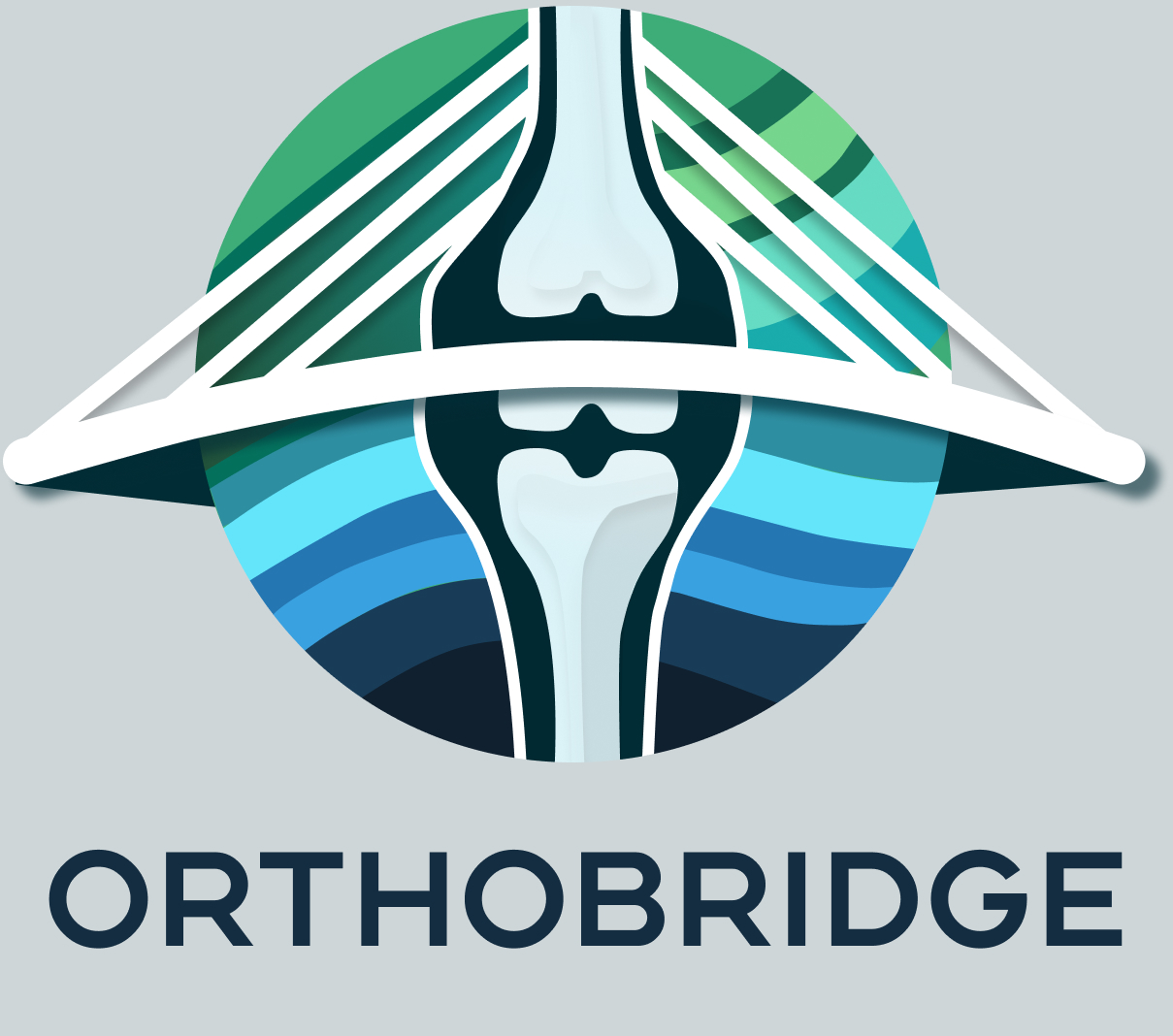MCL Tears
Learn more about some common knee causes of MCL Tears we treat at Orthobridge Orthopedic Centre.
Medial Collateral Ligament (MCL) Tears Treatment in Kenya
The medial collateral ligament (MCL) connects the bones in the thigh and lower leg. The MCL runs along the inside of the knee, while the lateral collateral ligament (LCL) runs along the outside of the knee. Together, these two ligaments, along with others, help to keep the knee in place.
A medial collateral ligament (MCL) injury is a stretch, partial tear, or complete tear of the ligament on the inside of the knee. It is one of the most common knee injuries and results mostly from a valgus force on the knee.

Symptoms
Signs and symptoms of an MCL injury include:
1. Pain
An MCL tear causes pain on the inside of the knee. Tearing the MCL is likely to cause more severe pain than spraining the ligament.
2. Popping sound.
A person may notice a popping sound at the time of the injury. This is the sound of the MCL tearing.
3. Knee Swelling.
A person is likely to notice swelling in the area, which may not happen immediately. Swelling can spread to other areas of the knee joint in the days following the injury.
4. Stiffness.
The knee may feel stiff, and a person may have difficulty straightening their leg or bending their knee. They may also find climbing the stairs or sitting in a chair challenging as this requires them to bend their knee.
5. Loose kneecap.
A torn MCL can affect the stability of the knee. A person may feel as if their knee might give way.
It is possible to damage other ligaments at the same time as the MCL. If a blow to the knee is severe, it could cause damage to:
- the LCL on the outside of the knee
- the anterior cruciate ligament (ACL), which connects bones in the thigh and lower leg at the front of the knee
This causes pain in these parts of the knee. It can take longer for an injury to heal if a person damages multiple ligaments.

Causes
When your outer knee is hit very hard, the MCL, which runs along with your inner knee, can stretch out far enough to strain or tear. People who play football, hockey, and other sports where players impact other athletes with great force may injure their MCL this way.
You may also stretch or tear your MCL if your knee is suddenly pushed to the side, or if it twists or bends out too far.

Treatment
The right MCL treatment plan will depend on the severity of your tear. Grade I and Grade II tears can heal on their own within a few days to a few weeks as long as you get plenty of rest.
Since Grade III MCL injuries are complete tears, the ligament is unable to heal itself and surgery is needed. Surgery may also be needed if there is any grade of an MCL tear along with other ligament issues.
A nonsurgical treatment plan will include some or all of the following:
- Applying ice to reduce swelling
- Taking anti-inflammatory medication to reduce pain and swelling
- Using an elastic bandage or brace to compress the knee
- Walking with crutches to keep the weight off the injured knee
- Limiting activities that could cause re-injury or disrupt healing
- Physical therapy to regain strength
Non-surgical treatment.
During MCL surgery, the orthopedic surgeon will make small incisions in your knee and insert an arthroscope, which is a small tube-shaped instrument.
Methods for reattaching or reconstructing the torn ligament can vary. Options include using a portion of the patellar tendon (which connects the tibia and the kneecap) or the hamstring tendon (from the back of the thigh). Tendon grafts can come from the patient or an organ donor.
MCL surgery is typically an outpatient procedure, meaning an overnight stay in the hospital is not necessary.
Hear from some of our patients
Out of country patients
Because of Col (Dr) Adari’s extensive training and experience in elbow arthroscopy, patients travel from all areas of the world for their elbow arthroscopy in Kenya.
If you are an out of the country patient, feel free to let us know so we can accommodate an appropriate time for your consultation with Col (Dr) Adari.
Col (Dr) Adari is known as a top-rated orthopedic & trauma surgeon for elbow arthroscopy in Nairobi, Kenya, and across East Africa, Central Africa, and West Africa.
If you are work – traveling expatriate on diplomatic missions, feel free to contact us so we can accommodate an appropriate time best suited to you for your consultation with Col (Dr) Adari.
Contact us today to reserve your consultation, we are more than happy to assist you with any queries you may have prior to seeing the doctor.
Our Affiliations









